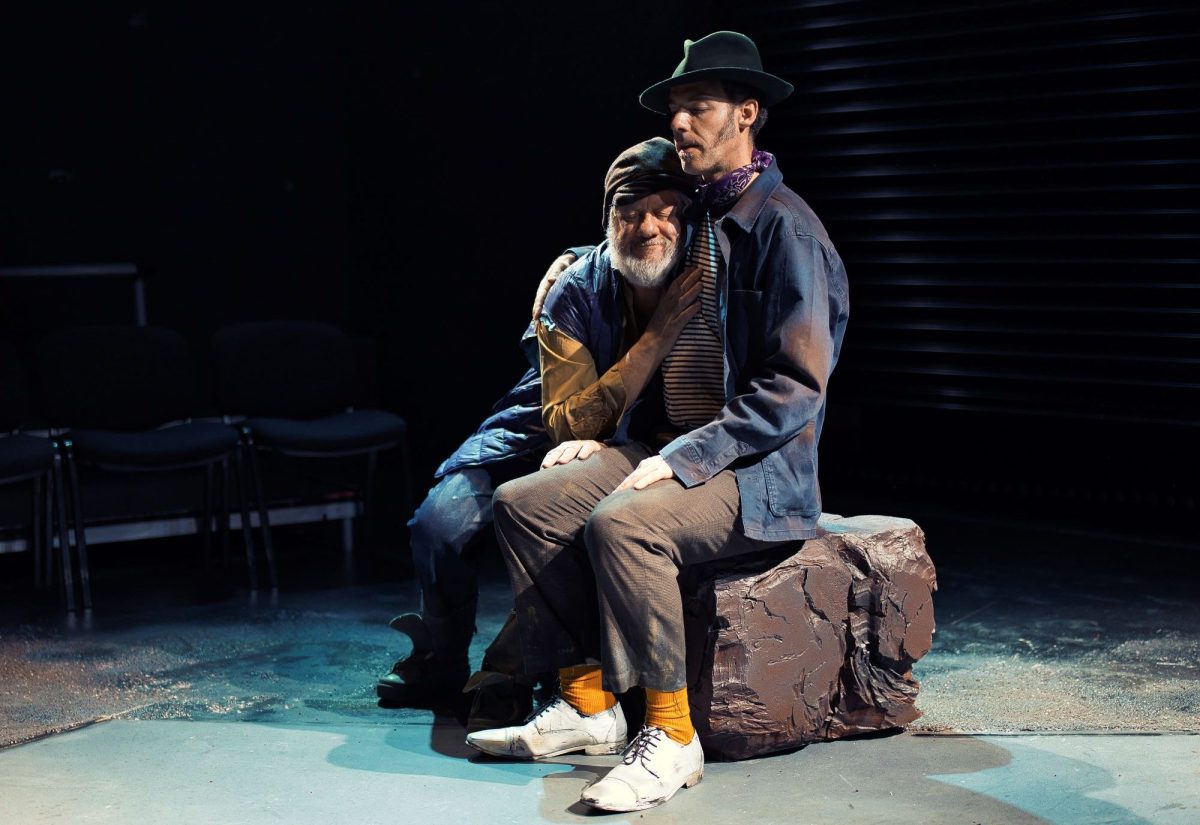“I know the mythology around it says ‘nothing happens, twice’, but in fact a lot happens in the play. It is actually a play of incredible action – it’s just that that action is about waiting, and is about suspension,” explains Canberra actor P J Williams, who is playing Estragon (Gogo) in The Street Theatre’s new production of Samuel Beckett’s Waiting for Godot.
It’s this inherent contradiction that makes the play so fascinating, Williams says, especially during times of crisis.





